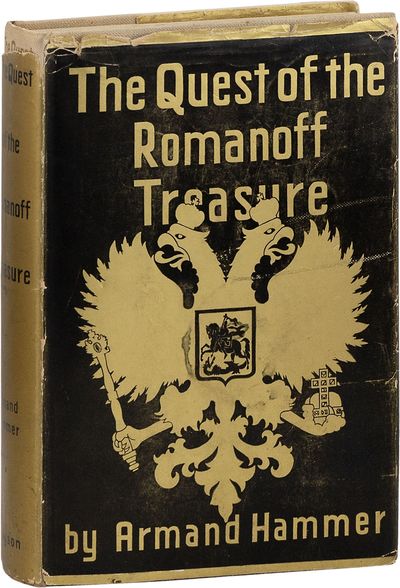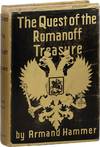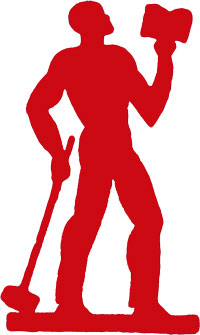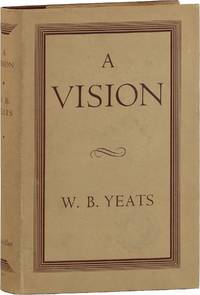signed
1936 · New York
by [PRE-REVOLUTIONARY RUSSIA] HAMMER, Armand
New York: The Paisley Press Inc. Succeeding William Farquhar Payson, 1936. Stated Third Edition. Octavo. 21.5cm. Publisher's heavy grain pale grey cloth titled and decorated in gilt to spine and front board. Dustjacket. [xi]; 241pp. Some wear and discoloration to extremities, very light, it's a very solidly produced book, so wear and tear is represented by darkening of the cloth at the edges and some softening of the spine ends rather than anything more drastic; internally clean, ownership to front pastedown, author's signature to front flyleaf; in a handsome example of the gold and black dustjacket with some chipping and shallow loss to the spine ends, (truncated)





